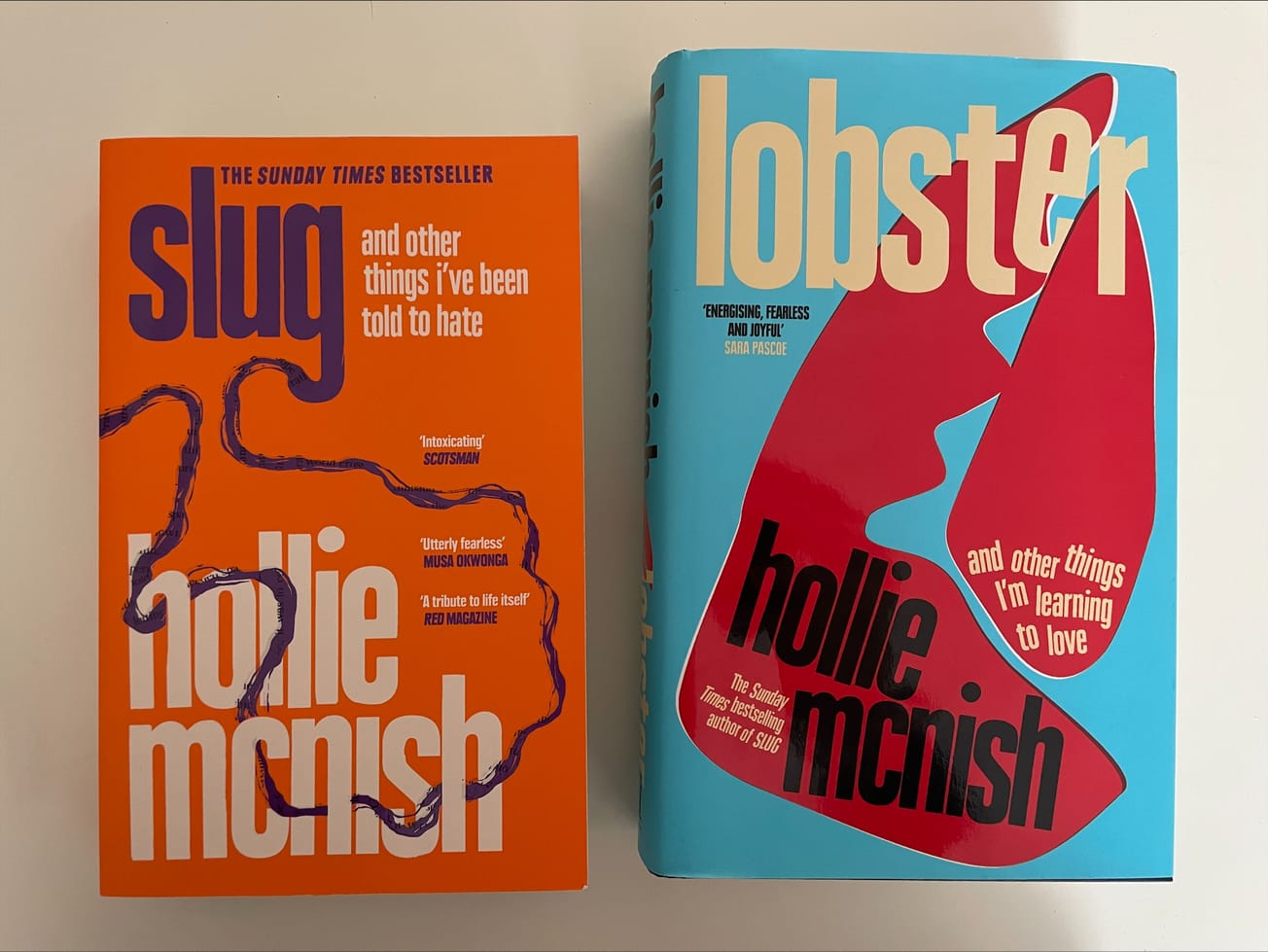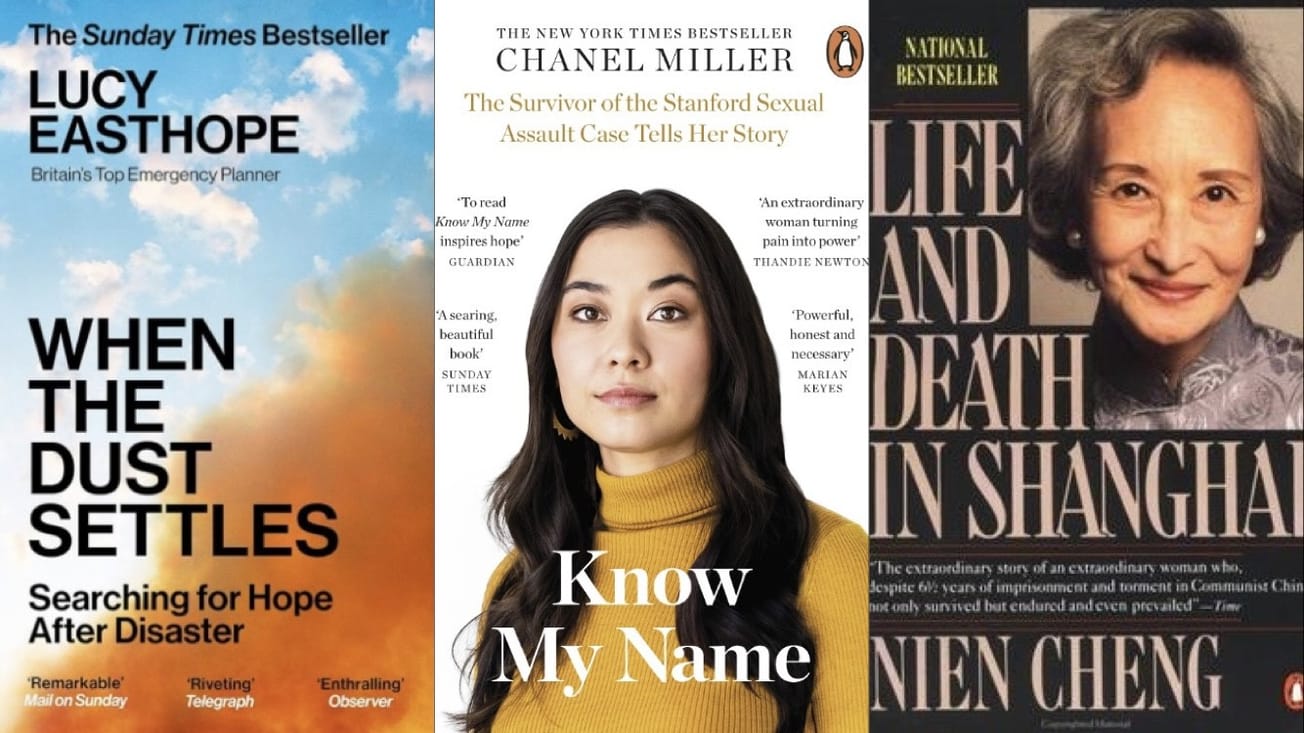By Alina Young and Anna Trafford, arts editor and deputy arts editor respectively
Missed Arts Careers Week? Don’t know what internships are even out there, nevermind what you want to do? No fear: the Epigram Arts Editors have gathered up the best tips, so you didn’t have to!

Unsplash / AbsolutVision
Internships and Opportunities around Bristol
Journalism/editorial experience
Local online and print magazine, Bristol 24/7, invite applications all year round for their week-long work experience placements. You could be busy dashing round Bristol covering local events for their news pages, reviewing restaurants, interviewing locals or even creating graphics for their website.
To apply, send a short cover letter (max. 400 words), your CV and a link to a piece of your previous work online.
Graphic Design experience
Media company, Wildfire Communications, offers hands-on one to two week work experience placements for aspiring graphic designers looking for an immersive media experience.
You’ll need some experience in using Adobe InDesign, Photoshop and Illustrator.
Applications involve sending in a CV and no more than three examples of your design work.
Art gallery experience
Community art space, Spike Island, is recruiting volunteers to help them welcome visitors, support the running of events and talk to visitors about the art and ideas in their programme. You’ll receive complimentary tickets to Spike Island events and gain valuable experience in an arts organisation.
Arts Careers Week starts today! Please let your students know that there is still space on many of our alumni and local employer-lead sessions. Students can book on using mycareer: https://t.co/r4e6NNueKk #artsmatter @BristolUni @UoBrisCareers pic.twitter.com/xovKRMtKhn
— Arts Matter Bristol (@UoBArtsMatter) March 4, 2019
CAREERS WEEK TALKS
Charity and Not-for-Profit Sector
- Your previous experienc is as valuable as your degree: get involved in charities now so you can demonstrate handling volunteers, events and communications. They want to have proof of your abilities.
- It’s especially important in this sector to be led by personal passion. In interview, remember that the people around you are more enthusiastic about their organisation than most - feed off it, and bond with them over how much you care, too!
- While it may not be the most personally lucrative career, the professionals consistently affirm how amazing it is to work in an industry ‘of just really nice people’, and the satisfaction from knowing you are doing something worthwhile.
- Remember that working for a small vs. big charity is huge: in a big charity you’ll need to specialise in a skill or role, whereas small charities allow you to get into a bit of everything.
Marketing, Advertising, PR and Communication
- Although the old agency format of marketing and advertising may be changing, there’s a huge new demand for young people due to the wealth of copy-writing needed on the internet.
- While marketing, advertising, PR and communication all have distinct roles within media, they share the fundamental purpose of telling a story in a memorable way. If you enjoy being persuasive, playing around with words and being in a people-focussed sector, research on sites like Prospects for how you could fit in.
- There are big differences in the environment of working in-house, for an agency or freelance. Consider this when applying, to find somewhere that suits you best.
- Networking is key in this industry, but it’s easier than you think. People are always more open that you’d expect, and proactiveness will take you far. Be interested in others, and always be nice!
Publishing
- Keep an open mind about publishing houses - just because you’re not a scientist doesn’t mean you can’t consider medical journal publishing or a science textbook publisher. You never know what you might love, so take every opportunity. Consider your skills before your subject.
- Working for a small versus a large publishing house is an entirely different experience. Know what motivates you - would you rather do a bit of everything, or have a defined role in a large company?
- Publishing often feels like a tight-knit industry - go to networking events, as the more people see your face, the more likely they are to come up to you.
- If you know publishing is your thing, it may be worthwhile to do a specific masters course, or an evening part-time course. The skills you gain will demonstrate you’re ready for the technical abilities required.
- There is so much more to publishing than just editorial. Do some research: maybe you’ll discover your place in production, distribution, sales or marketing.
- There are many sub-sectors: academic publishing, journals, books, magazines, just to name a few. You will likely find more opportunities to move around within a sub-sector than between them mid-career, so take the time to do internships in order to discover what’s right for you.

Unsplash / Water journal
AND IF YOU READ ONE THING: The catch-all tips brought up repeatedly by the pros
- Consider what success looks like to you: how do you want to work? In what kind of environment? What do you want from the job or company?
- Never underestimate the power of having a coffee with someone: reach out, ask for 15 minutes of someone’s time, make it as convenient as possible, and show a real interest in them and their job.
- What comes first: the job or the experience? If you find yourself in the paradox of job searching - being rejected from entry level jobs for ‘lack of experience’ - create your own opportunities. Begin a consistent blog, start a new society, build a website, approach smaller organisations and offer to help out for free.
- Your degree isn’t ‘worthless’: remember that presentation group that was the bane of your life? The extensive research for your diss? Guess what: that’s teamwork, presentation skills, research organisation and personal time management. Recognising the non-academic skills you learnt from your degree isn’t naff; bring it up as evidence that the job would be safe in your hands.
- Make the most of networking online: Don’t be shy about joining groups on LinkedIn to get an insider view of an industry, and use social media to keep connections going.
- Show your side hustle: companies are increasingly interested in what makes us unique. Be vocal about your penchant for pottery, your cafe reviewing obsession, or your love for filmmaking - it could even become a part of your work.
(Featured image credits: Unsplash / William Iven)
Do you have any tips for finding work in the arts? Let us know in the comments below or on social media.









